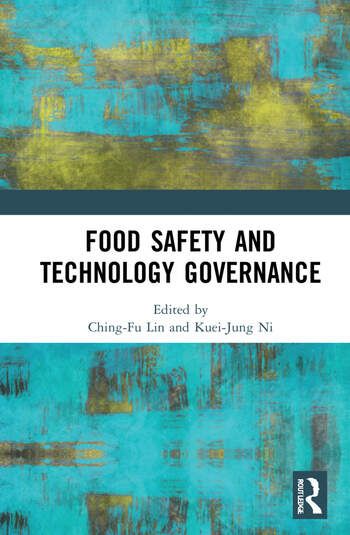We are now closed for the Christmas and New Year period, returning on Monday 5th January 2026. Orders placed during this time will be processed upon our return on 5th January.

Recent advances in agri-food technology have brought about increasing complexity and emerging challenges to food safety regulation and governance, with many countries greatly divided in their regulatory approaches. As more advanced CRISPR based gene-editing technologies, and novel foods such as cloned animal products, non-traditional plants, nanofood, and plant-based meat are rapidly being developed, debates arise as to whether the existing models of governance require revision to ensure consumer safety. Of equal importance is the extensive use of pesticides, additives, and animal drugs which raise concerns over the methods and approaches of government approval and phasing out of potentially risk-causing chemicals. Heightened public criticism of food safety and technology poses a significant challenge to governments around the world, which struggle to strike a proper balance between technocracy- and democracy-oriented risk governance models.
Drawing on expertise from the United States, European Union, Japan, China, Korea, Association of South East Asian Nations, Malaysia, and Taiwan, this book explores existing and emerging issues of food law and policy in the context of technology governance to offer an overarching framework for the interaction between food regulation and technology.
It will be essential reading for academics, students and practitioners with an interest in food law and policy, agricultural law and policy and food safety and nutrition studies.